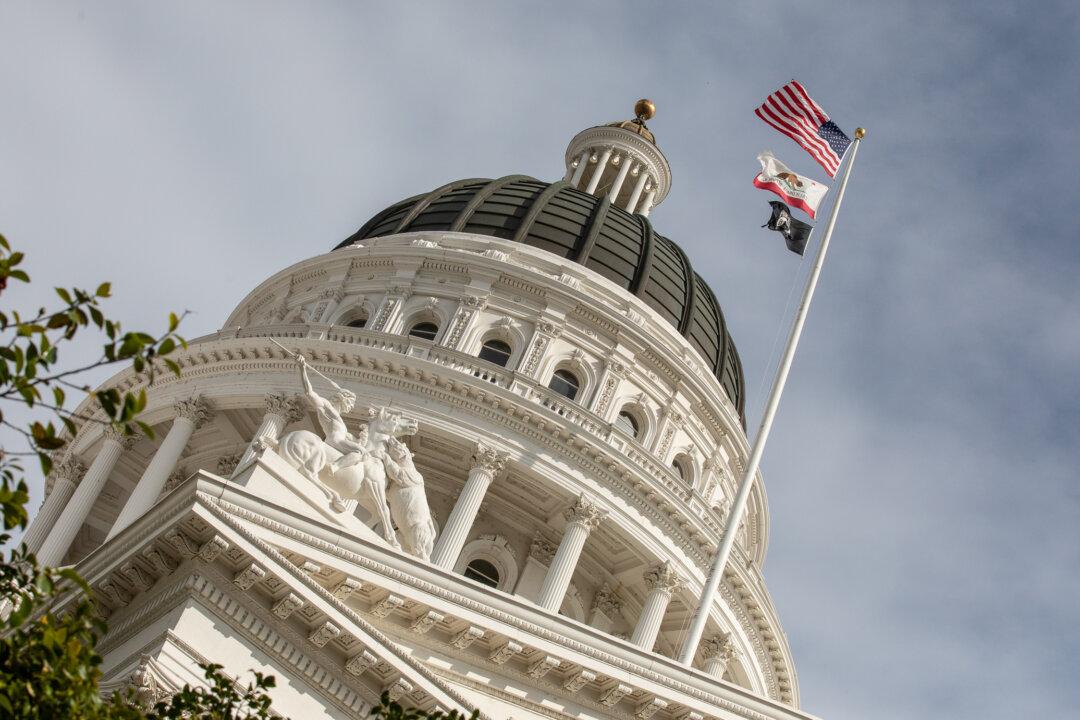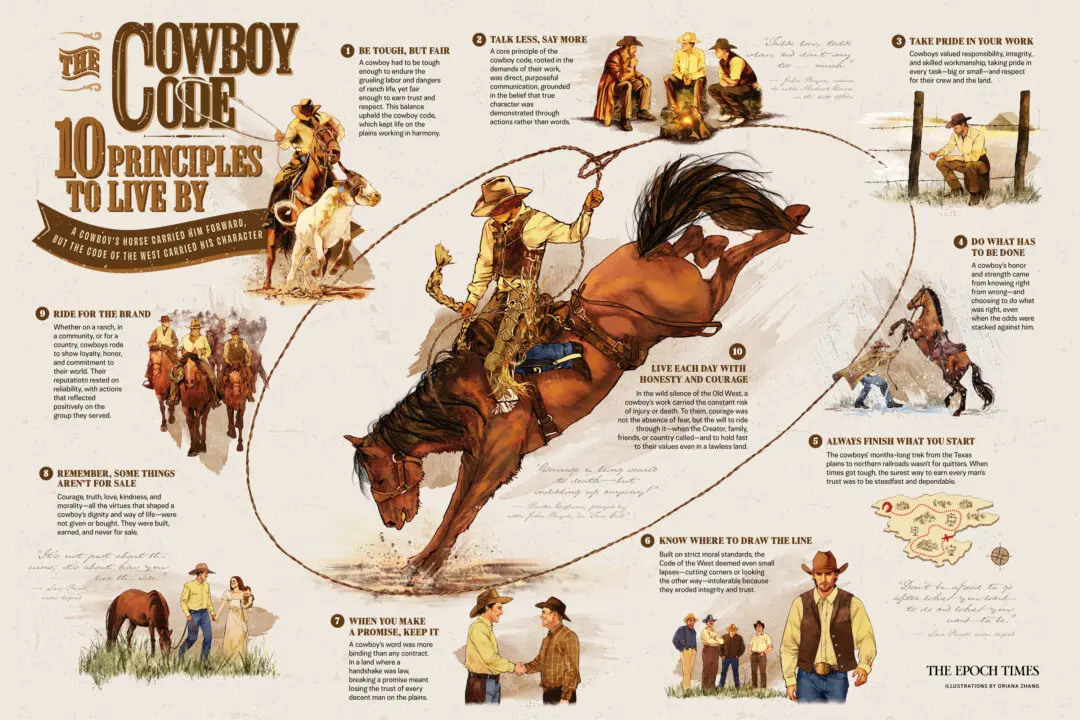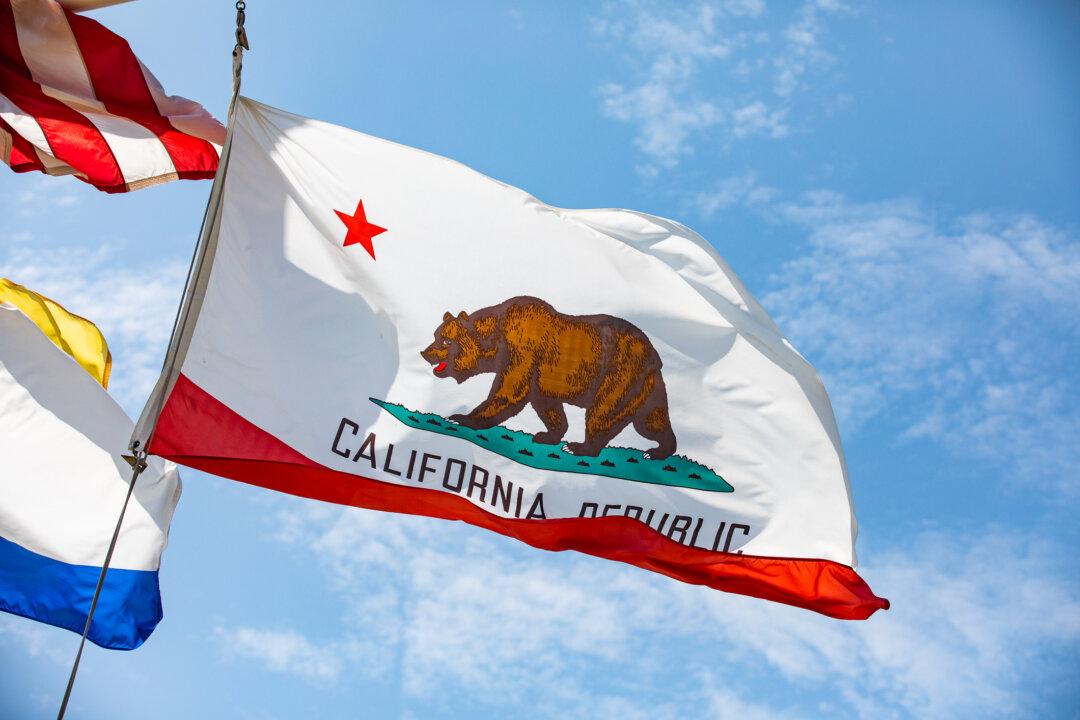California could become the first state in the nation to include caste as a protected anti-discrimination category after a bill to add such passed the state Senate Sept. 5.
After a revision and then approval in the Assembly, Senate Bill 403, authored by Sen. Aisha Wahab (D-Hayward), passed the Senate on a 31–5 vote and will now head to Gov. Gavin Newsom’s desk to be signed into law.





